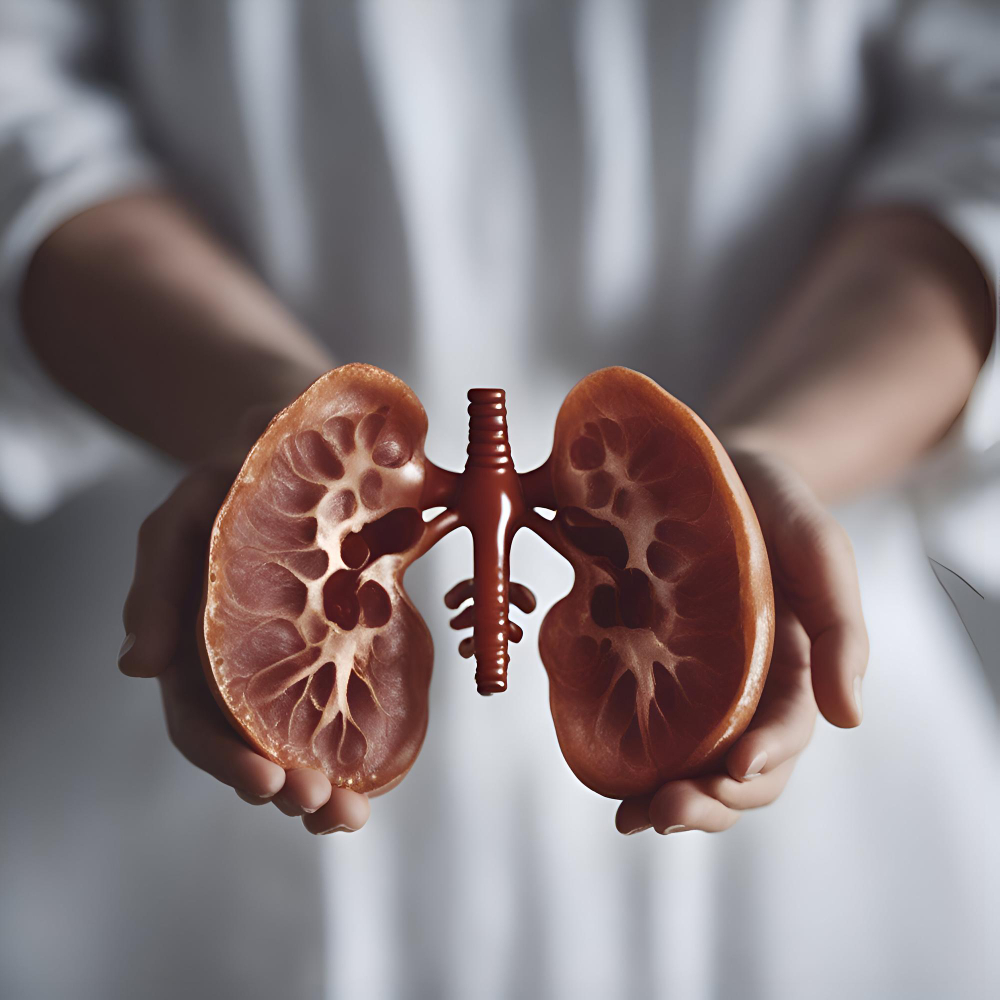Acute Kidney Injury Treatment

Acute Kidney Injury (AKI) is a sudden onset of kidney dysfunction, characterized by a rapid decrease in kidney function over hours to days. Treatment aims to identify and address the underlying cause, prevent complications, and support kidney recovery.
Causes
AKI can be caused by various factors, including:
- Decreased Blood Flow to the Kidneys: Due to severe infections (sepsis), dehydration, heart failure, or shock.
- Direct Kidney Damage: From medications (e.g., NSAIDs, certain antibiotics), contrast dyes, or toxins.
- Obstruction: Blockage of urine flow due to kidney stones, tumors, or enlarged prostate.
Clinical Presentation
Patients with AKI may present with:
- Decreased Urine Output: Oliguria (reduced urine production) or anuria (no urine production).
- Fluid and Electrolyte Imbalances: Such as hyperkalemia (elevated potassium levels), metabolic acidosis, and fluid overload.
- Systemic Symptoms: Including nausea, vomiting, fatigue, confusion, and in severe cases, coma.
Diagnosis
Diagnosis of AKI involves:
- Clinical Evaluation: Assessing symptoms, medical history, and potential risk factors (e.g., recent surgery, medication use).
- Laboratory Tests: Including serum creatinine and blood urea nitrogen (BUN) to measure kidney function, urine tests for analysis of urine output and abnormalities.
- Imaging: Such as ultrasound or CT scan to assess kidney structure and identify potential causes of AKI.
Treatment Strategies
Addressing the Underlying Cause:
- Fluid Management: Adjusting fluid intake and administering intravenous fluids to optimize blood flow to the kidneys.
- Discontinuing Nephrotoxic Medications: Stopping medications that may be contributing to kidney damage.
- Treating Infections: Administering antibiotics for bacterial infections or antiviral medications for viral infections.
Supportive Care:
- Electrolyte Management: Correcting imbalances, particularly hyperkalemia and metabolic acidosis.
- Nutritional Support: Ensuring adequate nutrition and monitoring protein intake based on kidney function.
Renal Replacement Therapy (RRT):
- Hemodialysis or Peritoneal Dialysis: Initiated if AKI is severe or complications such as fluid overload or severe electrolyte imbalances persist despite conservative management.
- Continuous RRT: Used in critically ill patients requiring continuous renal support.
Monitoring and Follow-Up:
- Regular Monitoring: Assessing kidney function, fluid balance, and electrolyte levels to guide treatment adjustments.
- Patient Education: Educating patients and caregivers about signs and symptoms of AKI recurrence, adherence to prescribed medications, and lifestyle modifications.
Prognosis
The prognosis of AKI varies depending on the cause, severity, and timely intervention. With prompt diagnosis and appropriate management, many cases of AKI can be reversible, with full recovery of kidney function.
